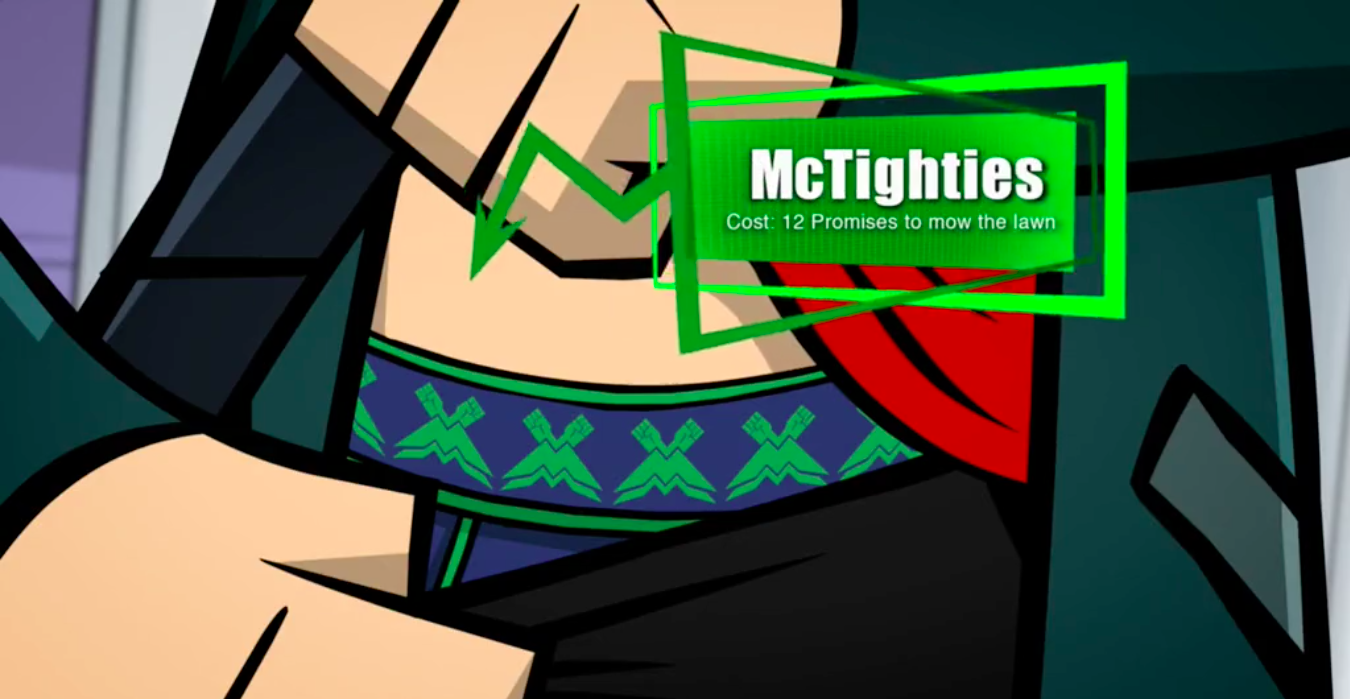
In fear of the complete destruction of Japan and its people the government surrendered, but not without great conflict and an attempted military coup d’etat to unseat Emperor Hirohito. A few days later, on August 9th another bomb was dropped on Nagasaki, annihilating another city in Japan. On August 6th, 1945 the United States dropped a nuclear weapon on Hiroshima, Japan after the country refused to sign the Potsdam Declaration, which would have ended the war. Usually in the genre of mecha-anime he’d be the “chosen one”, a planetary saviour who would rise above the problems the human race finds themselves in, but Ikari doesn’t want to fight. For vengeance? For their own gain? Shinji Ikari doesn’t know, but he’s the boy who has to save the world. This is the only world that fourteen-year-old Shinji Ikari has ever known, and he is the Earth's only hope as an alien species of giant monsters dubbed as “Angels” have come to Earth in hopes of destroying the life that humans have rebuilt. It’s optimistic to see that even in these disastrous circumstances the human race could still push forward, live, and not run away from our problems, but before humanity could stand again half the population would be wiped out, as well as countless mass extinctions of wildlife. Nations came together after some time and what was left of human civilization tried to rebuild itself in the blood, ash, and fire that came with the polar ice cap melting. The refugee crisis that settled in afterwards gave way to warring nations, food shortages, and nuclear tension becoming nuclear war, where another atomic bomb was dropped on Japan. Earthquakes came next and tsunamis followed, killing two billion people in their wake.

As sea levels rose and the vapour from the melted ice turned to rain, evacuation orders were put into immediate effect.
Evangelion episode 4 bitchute series#
The story that everyone in this series has been told up to this point is that a meteorite landed at light speed in the polar ice cap causing it to melt almost instantaneously.

The year is 2015 in Evangelion, and it has been fifteen years since the global cataclysm known as the “Second Impact,” which drastically altered life on Earth. Storytelling that is prescient in its worries about climate change and harrowingly honest in its depiction of trauma, depression and the effects of war. Netflix acquiring the streaming rights opens up the doors for new viewers to witness this audience disorienting series that constantly challenges conventional storytelling. When watching the series ten years ago it was available on a DVD box set, one that has long been out of print. A world-wide phenomenon and one of the most financially successful anime series ever created, it had strangely never been available to streaming services prior to Netflix acquiring the series from Viz Media. When it was announced that Hideaki Anno’s 1990s anime classic, Neon Genesis Evangelion (1995–1996) was coming to Netflix, fans familiar with the show were excited. Artists create visions of the apocalypse, but usually in spectacular, thrilling fashion, rather than the reality of corpses lined up like dominos without stories. The artistic responsibility in times like these is uncertain, because these are uncertain times. Baby steps are better than nothing, but we all know the root-cause of the situation at hand, so all of these promises, despite being good ones, feel like a temporary solution for a bigger problem we need to consider. As a species we take baby steps, like promises to reduce greenhouse gas emissions in half by a certain date or cutting out disposable plastics as a good-faith effort on our part to take climate change seriously. We stare at cell-phones as the world dies slowly in the hopes that someone, somewhere will do something about the capitalistic grip that nations and businesses have on fossil fuels.

But punching Nazis is easier than giving a head-lock to something as existential as a dying planet. The end goal of current mainstream cinema is to make money through the reassurance that we can be saved through the superheroics of characters like Captain America, who gave people hope during World War II. The sequel-heavy and reboot centric output of the North American studio system that has become common as Disney’s monopolization has taken hold largely does not grapple with these concerns in any significant way. Some of us grapple with this threat more severely than others, but with each new climate report being released from expert scientists our ability to stay optimistic about the future of our planet becomes more difficult. That’s the prediction at least, with explicit assurances of what will happen if we don’t do everything in our power to stop global warming.


 0 kommentar(er)
0 kommentar(er)
